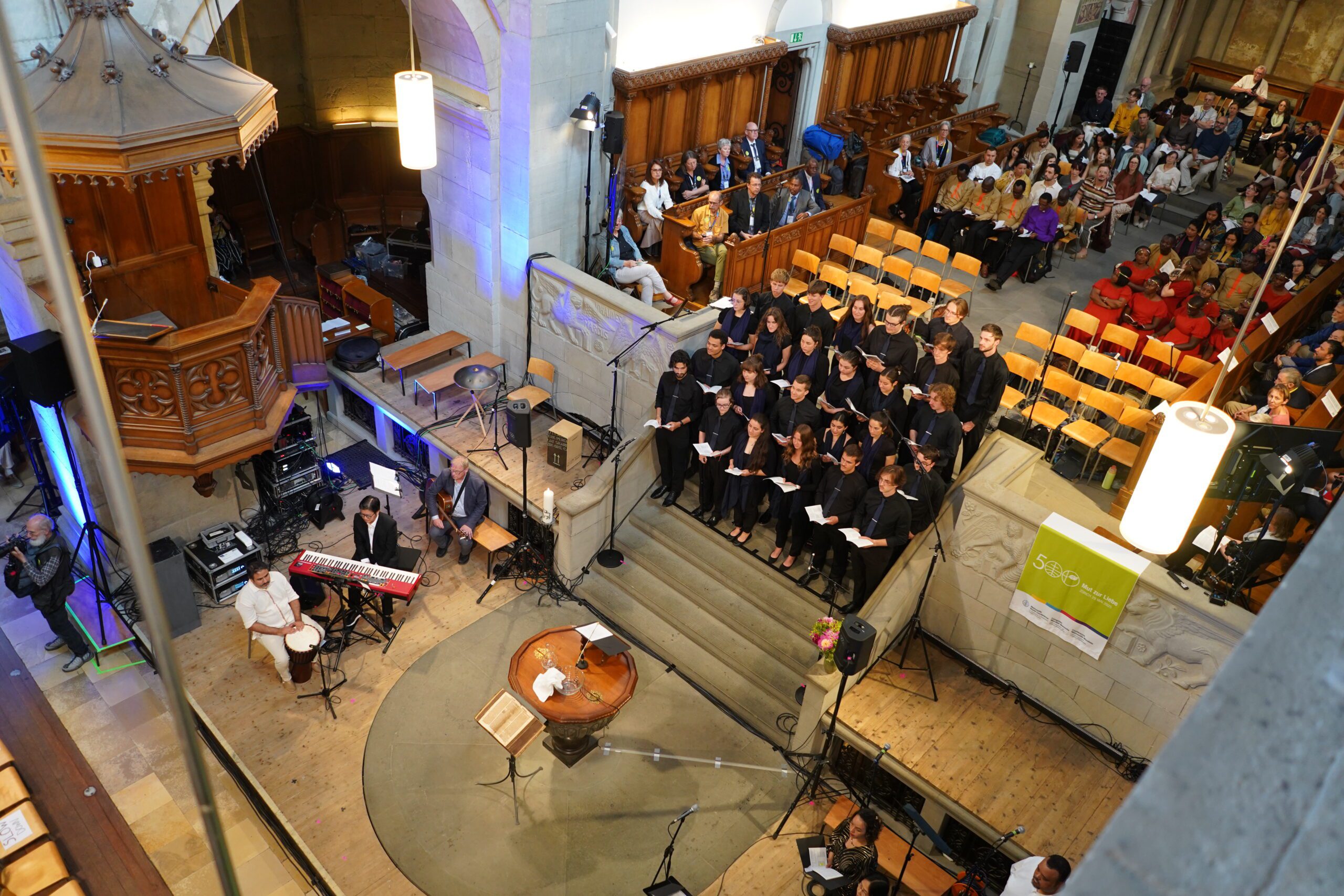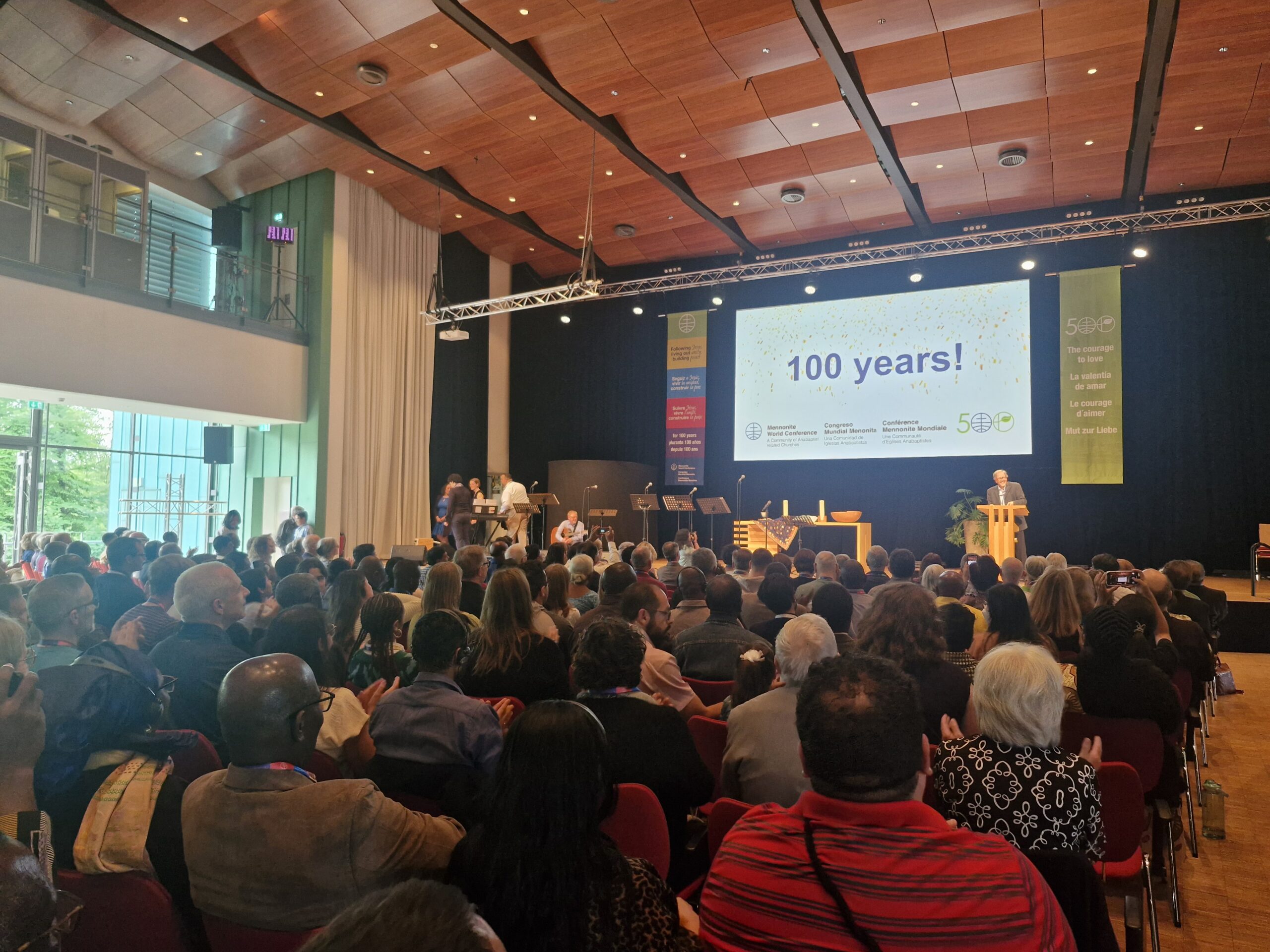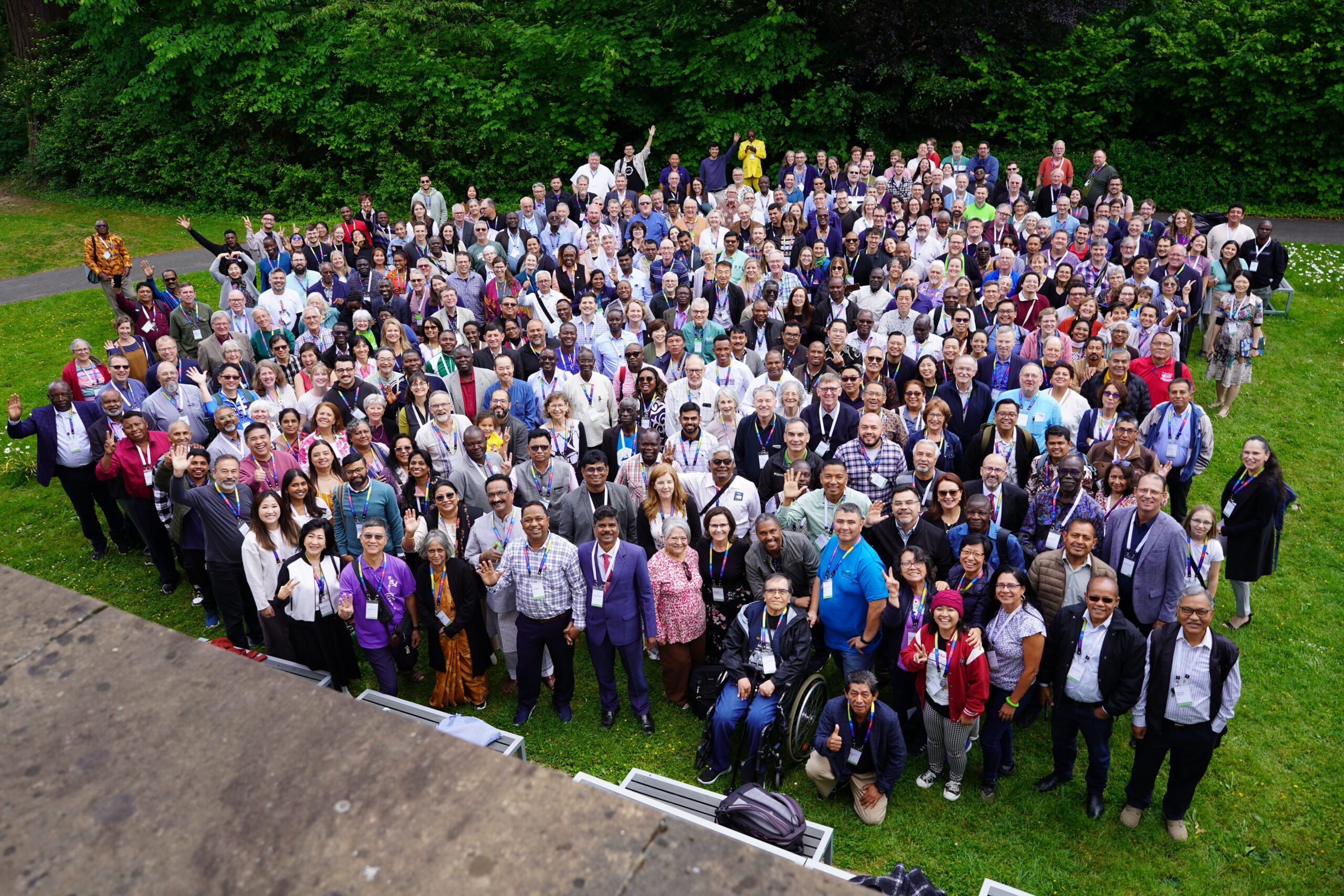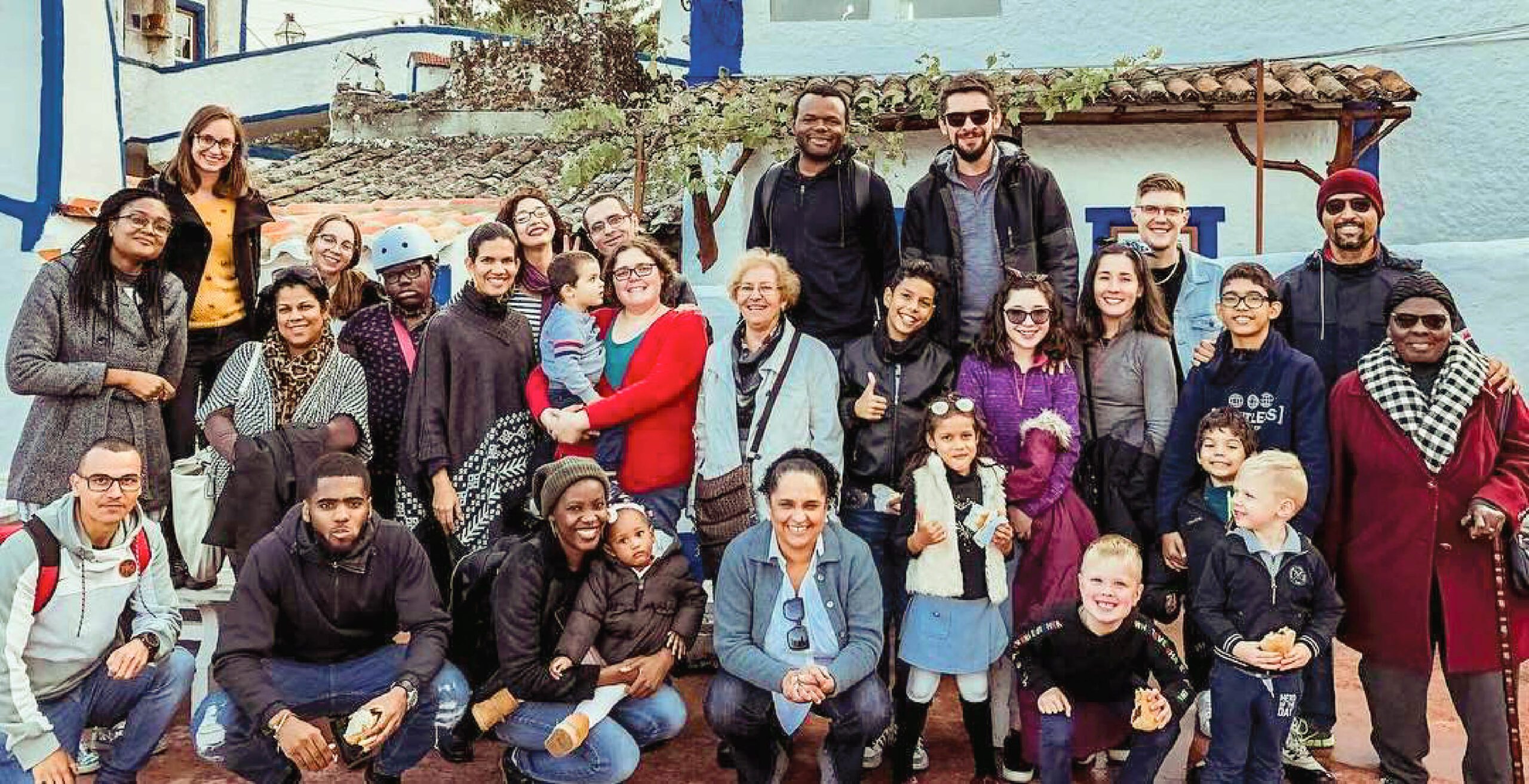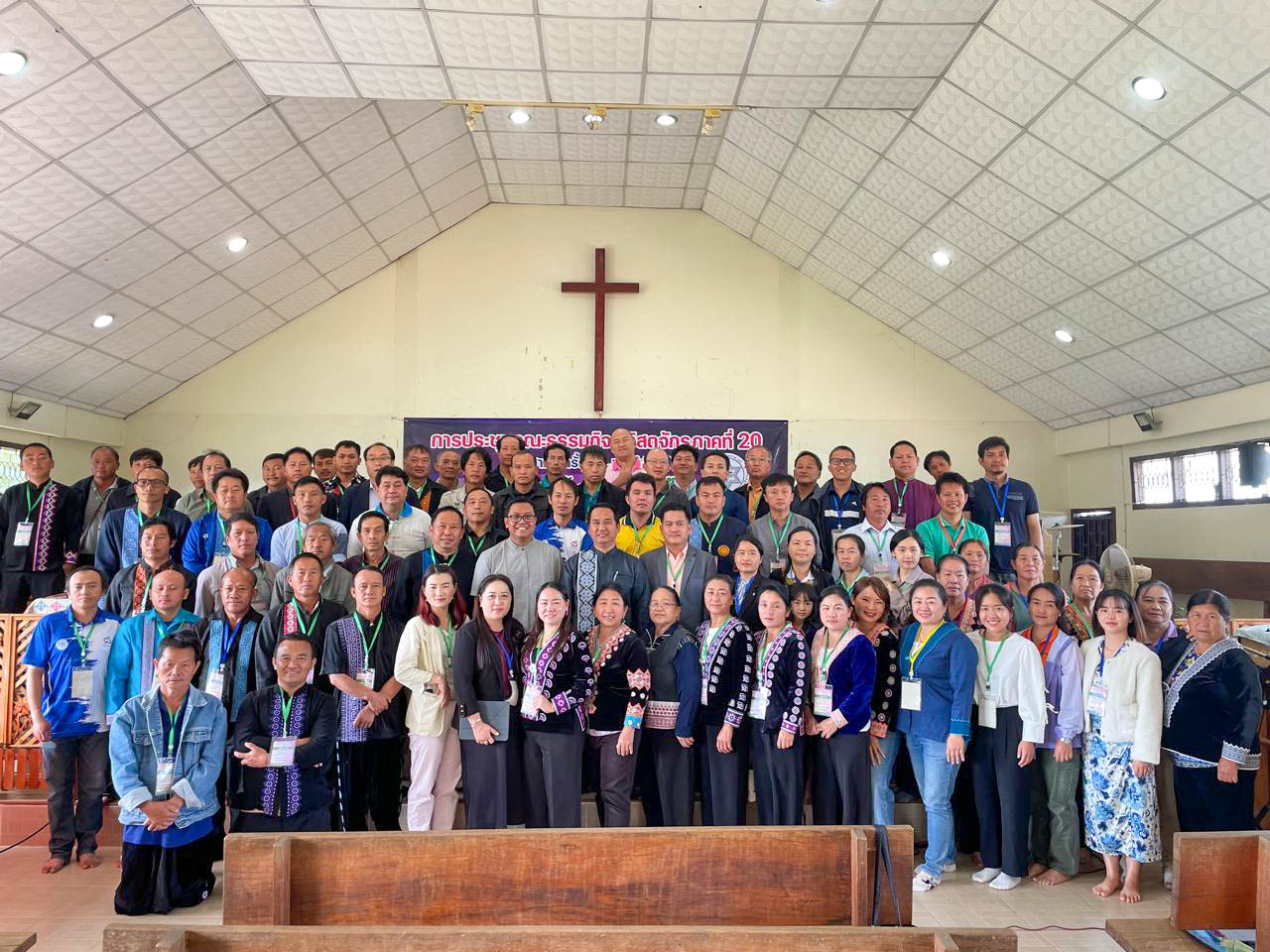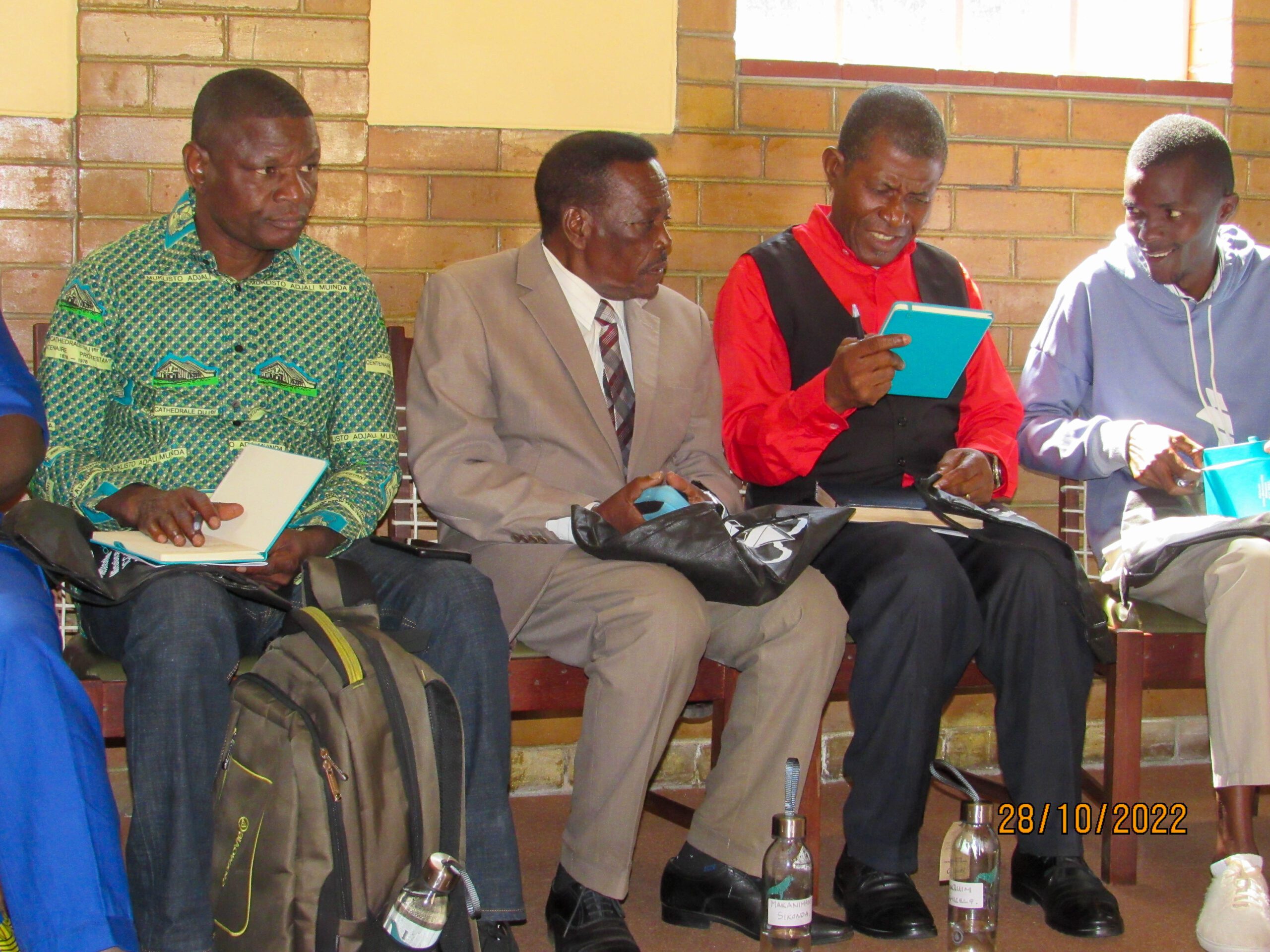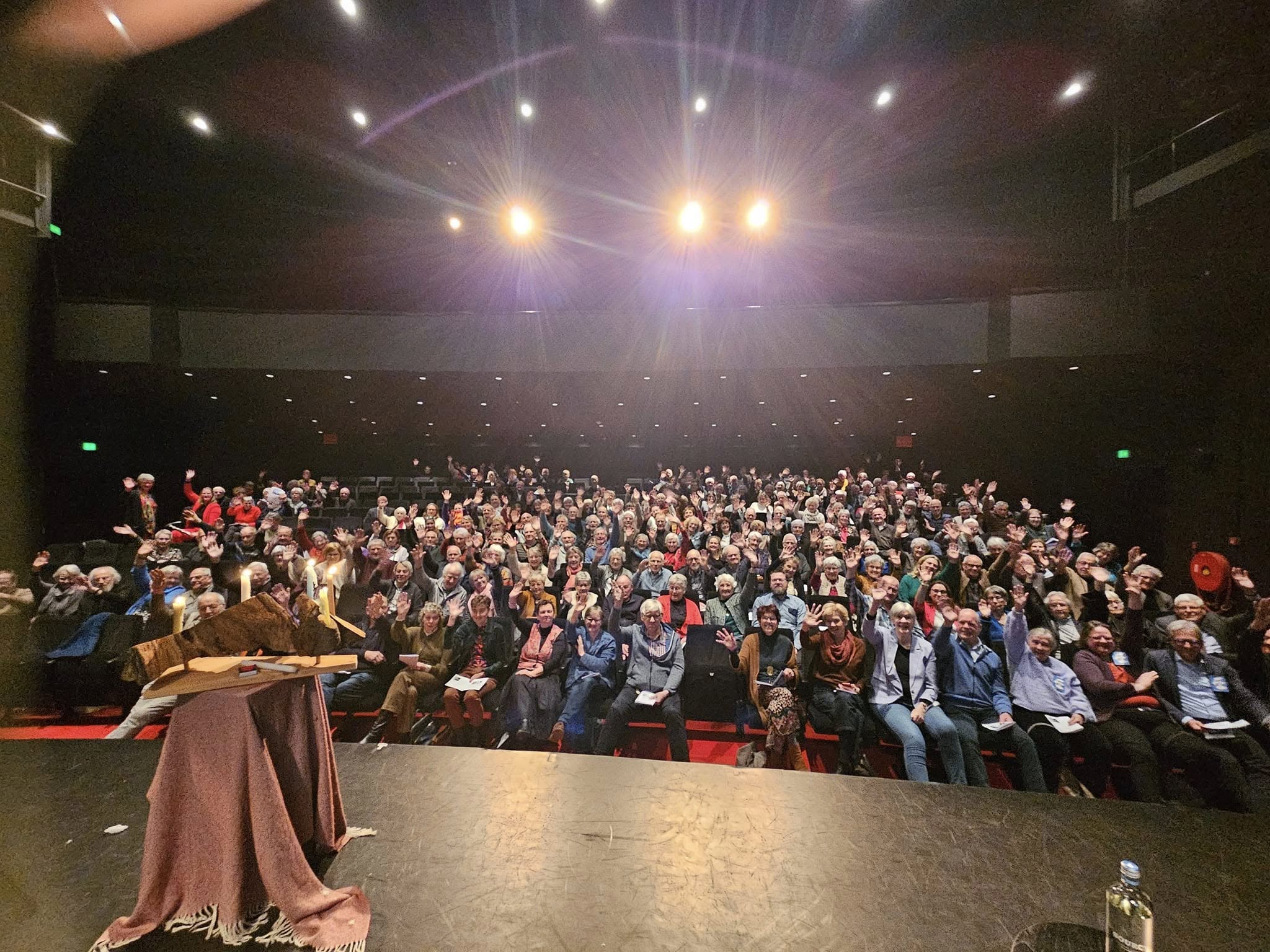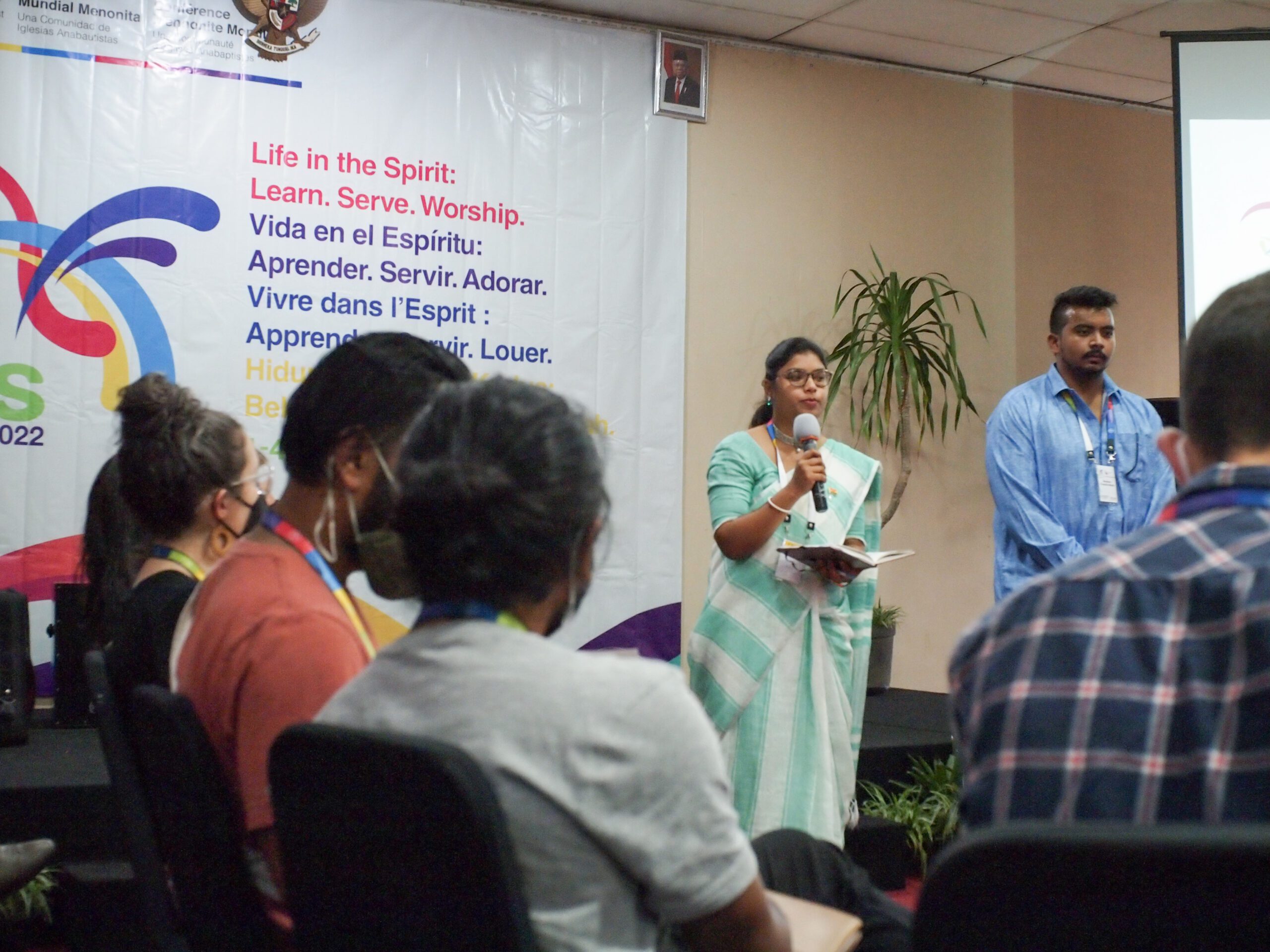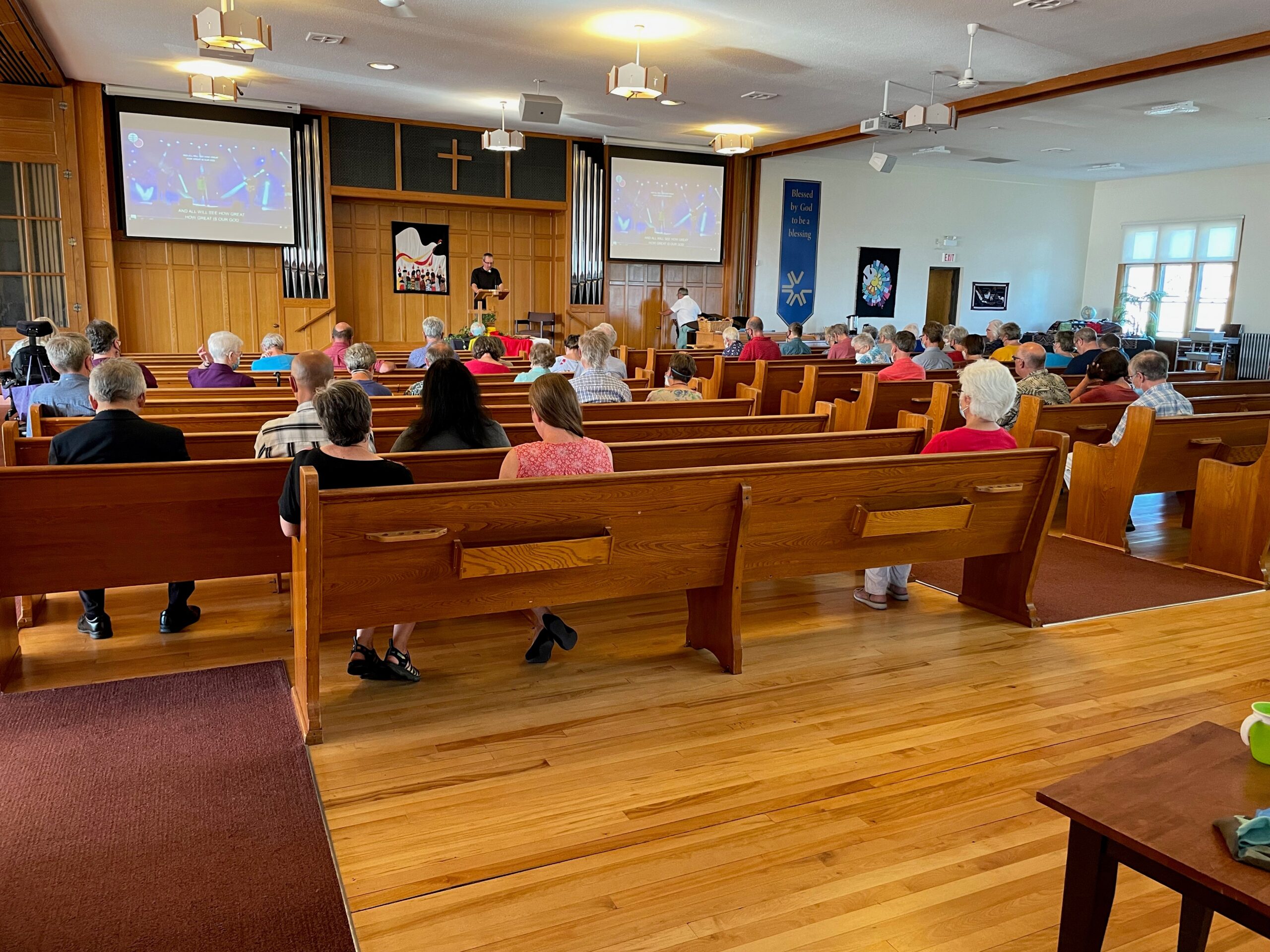-
A movement that has been diverse and international
The bells rang out across the city that full of Anabaptists. An estimated 3 500 or more people filled the streets of old Zurich on Ascension Day 29 May 2025 to commemorate the 500th anniversary of Anabaptism. “Today, as Mennonites in Switzerland we are a small community,” said Gladys Geiser & Lukas Amstutz, co-presidents, Konferenz der…
-
MWC at 100: “We come together and share”
“He has done marvellous things!” An international ensemble with members from the USA, Germany, Colombia and Indonesia led the congregation in singing these words to open the fundraising celebration of 100 years of Mennonite World Conference. One of those marvellous things is 110 national churches* agreeing to walk together through MWC. César García preached from…
-
A pastoral letter regarding war in the Middle East
Beloved sisters and brothers: The escalation of war in the Middle East today is a source of fear and grief for our Anabaptist family around the world. For some, this is a new reality, for others it adds to the burden of violence carried for years or decades from local conflict. We see all of…
-
A role model for others
Glory Michael Sunday is from Akwa Ibom state in Nigeria where she attends Ikot Ekang Itam Assembly, a congregation of MWC member church Mennonite Church Nigeria. She’s currently nearing the end of her term with YAMEN (Young Anabaptist Mennonite Exchange Network) serving as a teacher at P4T Nursery and Primary School in Kyangwali Refugee Camp…
-
From celebration to commemoration
Mennonite World Conference (MWC) concludes its triennial General Council (GC) meeting 26-28 May 2025 in Schwäbisch-Gmünd, Germany, with a clear framework for the future.
-
Igreja dos Irmãos Menonitas de Portugal
Courier: Perspectives Europe: Portugal Anabaptist church beginnings: A snapshot A series of North American missionary couples came and went from the MB mission agency through the 1980s and 1990s but the seeds planted in a house church in the Lourés suburb of Lisbon have persisted in the form of a Mennonite Brethren church. The first…
-
Hmong District 20th of the Church of Christ in Thailand
Courier: Perspectives Asia: Thailand Anabaptist church beginnings: A snapshot The Hmong District 20th of the Church of Christ in Thailand began with three congregations: Khek Noi church, Khun Klang Church and Pa Kluai Church. Later, the gospel was announced and spread to the Hmong hill tribe people during the years starting in 1987. There was…
-
Brethren in Christ Church (BICC) in South Africa
Courier: Perspectives Africa: South Africa Anabaptist church beginnings: A snapshot Brethren In Christ Church (BICC) South Africa was established in 1988 by the late Reverend Hamilton Madlabane in Soshanguve, located north of Pretoria. Even though a South African started the BICC in South Africa, it was largely unknown to most South Africans at the time.…
-
The Courage to Love
Some of us have a tendency of thinking that we should define right doctrine and from there go to practice. Scripture first; experience next. But in many ways – in our history and in our current reality – experience pushes us to think theologically to make sense of what is happening.
-
Bigger responsibilities in the global church
At the meetings in May 2025, General Council members will vote on a proposal for every Mennonite World Conference full member to have one Young AnaBaptist (YAB) delegate in the General Council starting 2028.
-
Powering the spinning wheel
Join in prayer for the global family “Prayer has been our spinning wheel. Thanks to the global church for the resilience in your prayers. It is encouraging to know that someone somewhere in the globe is reporting your issues to God,” says Okoth Simon Onyango, Mennonite Church Uganda, bishop. The members of Mennonite World Conference…
-
A celebration of ecumenism, joy, confession and hope
We invite everyone to worship with us! The worship service marking the culmination of Mennonite World Conference’s 500th anniversary event in Zurich, Switzerland, will be livestreamed. The event takes place Thursday, 29 May 2025, at 15:00 UTC. (Please note an earlier version gave the incorrect time. 15:00 UTC is when the service begins; tune in…
